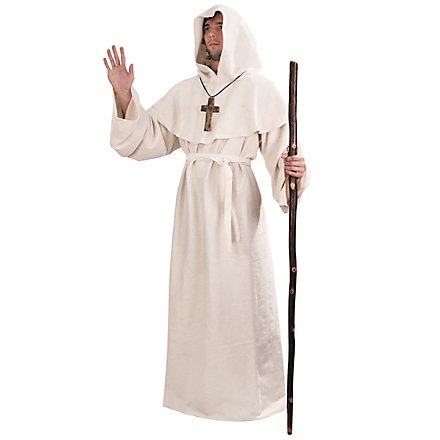A new, immersive "Create-A-Cult" mode in a Fallout game would allow players to design, build, and manage their own cult within the post-apocalyptic wasteland. This mode would provide a deep and detailed experience, blending role-playing, strategy, and simulation elements. Here’s what it could look like:
Cult Creation and Customization
Cult Theme and Ideology:
- Players could choose or create the foundational beliefs of their cult, such as worshiping a forgotten deity, revering advanced technology, or believing in a post-nuclear apocalypse prophecy. The ideology would influence the cult’s rituals, recruitment strategies, and interactions with the world.
- Ideologies could be tied to different gameplay benefits, like increased combat prowess, advanced tech usage, or more effective charisma-based interactions.
Symbolism and Aesthetics:
- Customizable symbols, flags, and uniforms for the cult members would be available, reflecting the cult’s identity.
- Players could design the appearance of their cult's headquarters, including structures like temples, shrines, and living quarters.
Recruitment and Membership
Recruitment Strategies:
- Players could employ various methods to recruit new members, such as charismatic speeches, promises of safety and food, brainwashing, or force.
- Special missions or events could involve converting key NPCs or entire factions to your cult, impacting the larger game world.
Membership Tiers:
- Members could be organized into ranks or tiers, each with specific duties, privileges, and abilities. For example, there could be acolytes, priests, enforcers, and high-ranking prophets.
- Players would manage and train these members, assigning them to tasks such as scavenging, guarding the base, or spreading the cult's influence.
Rituals and Activities
Custom Rituals:
- The mode could include a system for creating and performing rituals, which could provide buffs to the player and cult members, influence nearby settlements, or unlock special powers or technology.
- Rituals could range from simple ceremonies to complex, resource-intensive events that require rare materials or artifacts.
Daily Life and Tasks:
- Cult members could be assigned daily tasks like farming, weapon crafting, training, or defending the base.
- Special missions or challenges could involve expanding the cult’s territory, defending against raiders, or undertaking pilgrimages to sacred locations in the wasteland.
Interactions with the Wasteland
Diplomacy and Conflict:
- Players could choose to cooperate with or oppose other factions in the wasteland. Diplomacy could involve forming alliances, trading resources, or covertly infiltrating and converting rival groups.
- Conflict would involve leading cult members into battle, defending the cult’s stronghold, or launching raids on other factions.
Influence and Expansion:
- As the cult grows, players could establish outposts, temples, or hidden cells in various locations across the wasteland. These outposts could generate resources, recruit new members, or serve as strategic points for further expansion.
- The player’s cult could gradually exert influence over settlements, converting or subjugating them, and turning them into cult-controlled zones.
Narrative and Quest Integration
Cult-Specific Quests:
- The mode would include unique questlines tied to the cult’s goals, such as seeking ancient relics, fulfilling prophecies, or toppling rival factions.
- These quests could offer significant rewards, like rare weapons, powerful artifacts, or new abilities for the cult and its leader.
Dynamic World Reactions:
- The wasteland would react dynamically to the player’s cult. NPCs might fear, respect, or outright despise the cult, leading to varying interactions, quests, and potential alliances or conflicts.
- Over time, the player’s choices could lead to major changes in the game world, such as the rise of a new religion, the destruction of rival factions, or the establishment of a cult-controlled utopia or dystopia.
Endgame and Legacy
Cult Legacy:
- The player’s ultimate goal could be to establish the cult as a dominant force in the wasteland, either through peaceful influence, military conquest, or subversive manipulation.
- The ending of the game could vary based on how the cult was run—whether it became a benevolent force, a tyrannical regime, or something else entirely.
Replayability:
- With multiple cult ideologies, customization options, and dynamic world interactions, each playthrough of the Create-A-Cult mode could offer a different experience, encouraging players to explore various paths and strategies.
This mode would provide Fallout players with a rich, immersive experience that adds a new layer of depth and strategy to the game, allowing them to shape the wasteland according to their own twisted vision.



No comments:
Post a Comment